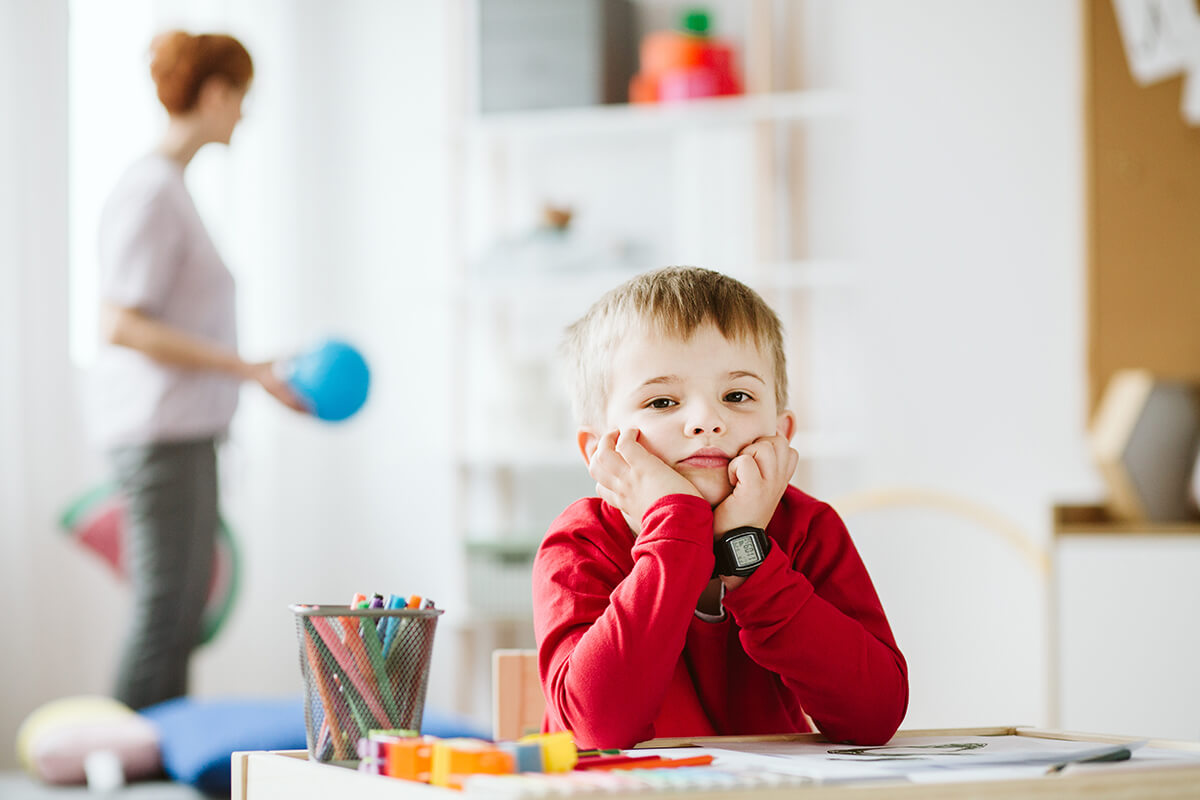Childhood is a time of many fears. But if unwanted worries, thoughts, and feelings take over in childhood, then your young person may have obsessive compulsive disorder (OCD). Obsessive compulsive disorder in children creates the same cycle as in adults.
That cycle starts with obsessions that cause anxiety, then leading to compulsions in an effort to relieve the anxiety.
If your child suffers OCD, then there is help. OCD treatment in Tennessee relieves children of much or all of their anxieties and obsessions, also helping them curb the compulsions that follow.
What Is Obsessive Compulsive Disorder in Children?
Obsessive compulsive disorder in children comes from fears that the child cannot stop thinking about whether these fears are rational or irrational. Many kids know the obsessions do not make sense. But simply knowing this is not enough to stop the fears, obsessions or compulsions that follow.
For example, fears of obsessive compulsive disorder in children include:
- Getting sick, suffering injury or dying
- Saying a bad word, having a bad thought or making a mistake
- Breaking a rule, doing a bad thing or sinning
- Whether something is clean, germy or dirty
- Something is straight, precisely placed or even
- Something is lucky, unlucky, good, bad, safe or harmful
About Compulsions in Childhood OCD
Compulsions are the rituals children create and follow to relieve their fears in OCD. These rituals are also a way of ensuring they have done all they can to fix the fear. Although rituals have no real power, kids with OCD believe they can prevent bad things from occurring when they follow certain steps.
Rituals include cleaning, washing, erasing, rewriting, redoing, rereading, and repeating spoken words. Some children pass through doorways several times, repeatedly check to ensure lights are on or off, lock and unlock doors, or check and recheck homework. Other common OCD rituals involve touching or tapping a specific number of times or in a pattern, setting things in a particular order, or counting to a specific number while avoiding ending in unlucky numbers.
Signs of OCD in Kids
Most parents see symptoms of OCD in children between the ages of seven to 12. They see signs of intense anxiety, fears, or ritualistic behavior. Many do not yet know that OCD is at the root of their child’s problem.
Signs of OCD in children relate to the fears listed above and others like them. If you suspect OCD in your child, maybe you notice their intense fear of dirt, sickness, disease, or germs. Or maybe your child seems fixated on order, symmetry, religion, body waste, numbers, words, sounds or household items.
Scientists still do not know what causes most mental health issues such as OCD. They suspect genetic connections or perhaps an infection. They also point to the possibility of different brain structure or brain activity than others without OCD.
Help for Childhood OCD
Having OCD makes children and their parents feel embarrassed and hopeless. But this common mental health disorder can improve with treatment. Your child simply needs the right therapies from a quality Tennessee mental health treatment center.
Programs and services your child need include:
- Mental health treatment
- Anxiety treatment
- Depression treatment
- Medication management
- Medication-assisted therapy
- Outpatient mental health counseling
Encore Health Group, with five locations surrounding Chattanooga, Tennessee, provides treatment, including the above services, for childhood and adult OCD. Make an appointment with Encore Health Group today to learn more about obsessive compulsive disorder in children and to get the help your child needs.




